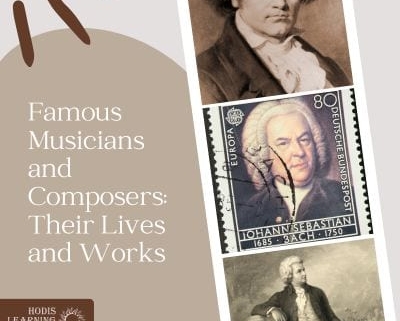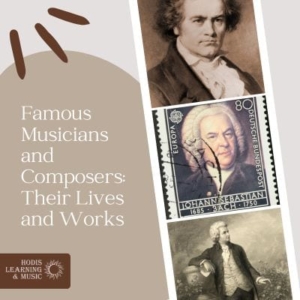Self-Talk and Academic Success
While study habits, time management, and organizational skills are undoubtedly crucial for academic success, there’s a more subtle yet powerful aspect at play that can significantly impact a student’s performance: self-talk. The dialogue we engage in with ourselves, whether consciously or unconsciously, can either propel us towards our goals or hinder our progress. This blog post details self-talk, its impact on academic success, and how students can harness the power of positive narratives to enhance their learning experience.
Understanding Self-Talk
Self-talk refers to the internal monologue that runs through our minds, influencing how we perceive and react to various situations. It can be positive, negative, or neutral and is often shaped by our experiences, beliefs, and external feedback. In an academic context, self-talk plays a critical role in shaping students’ attitudes towards learning, their belief in their abilities, and their resilience in the face of challenges.
The Impact of Negative Self-Talk
Negative self-talk is a common obstacle that many students face. Phrases like “I’m not smart enough,” “I can’t do this,” or “I’m bound to fail” create a self-fulfilling prophecy, limiting students’ potential and undermining their confidence. This type of self-talk can lead to increased anxiety, decreased motivation, and avoidance of challenging tasks, all of which can hamper academic performance.
Shifting to Positive Self-Talk
The good news is that self-talk is a habit, and like all habits, it can be changed with awareness and practice. Shifting from negative to positive self-talk can transform students’ academic experiences, fostering a growth mindset, resilience, and a genuine enthusiasm for learning. Here are strategies to cultivate positive self-talk:
- Recognize and Challenge Negative Thoughts: Becoming aware of self-talk and actively challenging negative narratives are vital first steps for cultivating positive self-talk. Students can begin cultivating awareness of negative self-talk through mindfulness or by writing down negative thoughts in a journal. Challenging negative self-talk can involve questioning the validity of these thoughts and reframing them in a more positive and realistic light.
- Practice Affirmations: Regularly using positive affirmations can help rewire the brain to adopt a more positive outlook. Affirmations like “I am capable of learning difficult concepts,” or “I embrace challenges as opportunities to grow” can boost self-esteem and motivation.
- Set Realistic Goals: Setting achievable goals (see: SMART goals) and acknowledging every step of progress, no matter how small, can improve self-talk by reinforcing a sense of accomplishment and competence.
- Seek Support: Academic tutoring and coaching can provide students with encouragement, external validation, and constructive feedback, helping to counteract negative self-talk and build confidence in their abilities. For those who are not only experiencing negative self-talk but are also struggling with their mental health, the school counselor or psychologist may provide safe spaces for students to process their difficulties and grow.
The Role of Academic Tutoring and Coaching
Academic tutors and coaches play a vital role in shaping positive self-talk among students. By providing personalized support, encouragement, and a safe space for students to express their fears and frustrations, these professionals can help students shift their internal narratives towards more positive and empowering ones. This support not only enhances academic performance but also contributes to the overall well-being and self-perception of students.
Takeaways
Self-talk is a powerful determinant of academic success, influencing students’ motivation, resilience, and approach to learning. By fostering positive self-talk, students can unlock their full potential, overcome obstacles, and embark on a fulfilling academic journey. Remember, the dialogue we have with ourselves shapes our reality; make it a positive one.
Sign Up for Tutoring or Coaching Now
Hodis Learning & Music’s expert tutors and coaches teach with our philosophy of kindness and expertise to help students thrive in their academics. Call or email us today to learn more.




